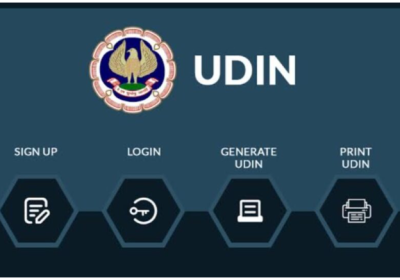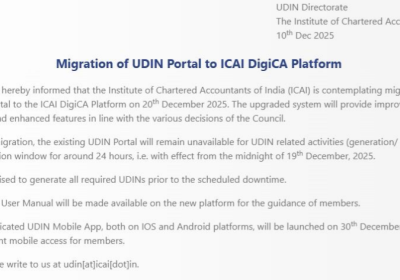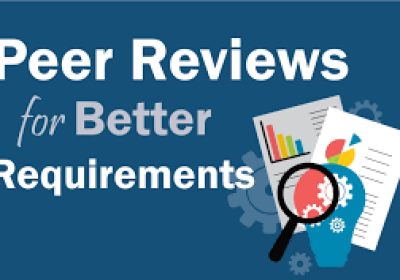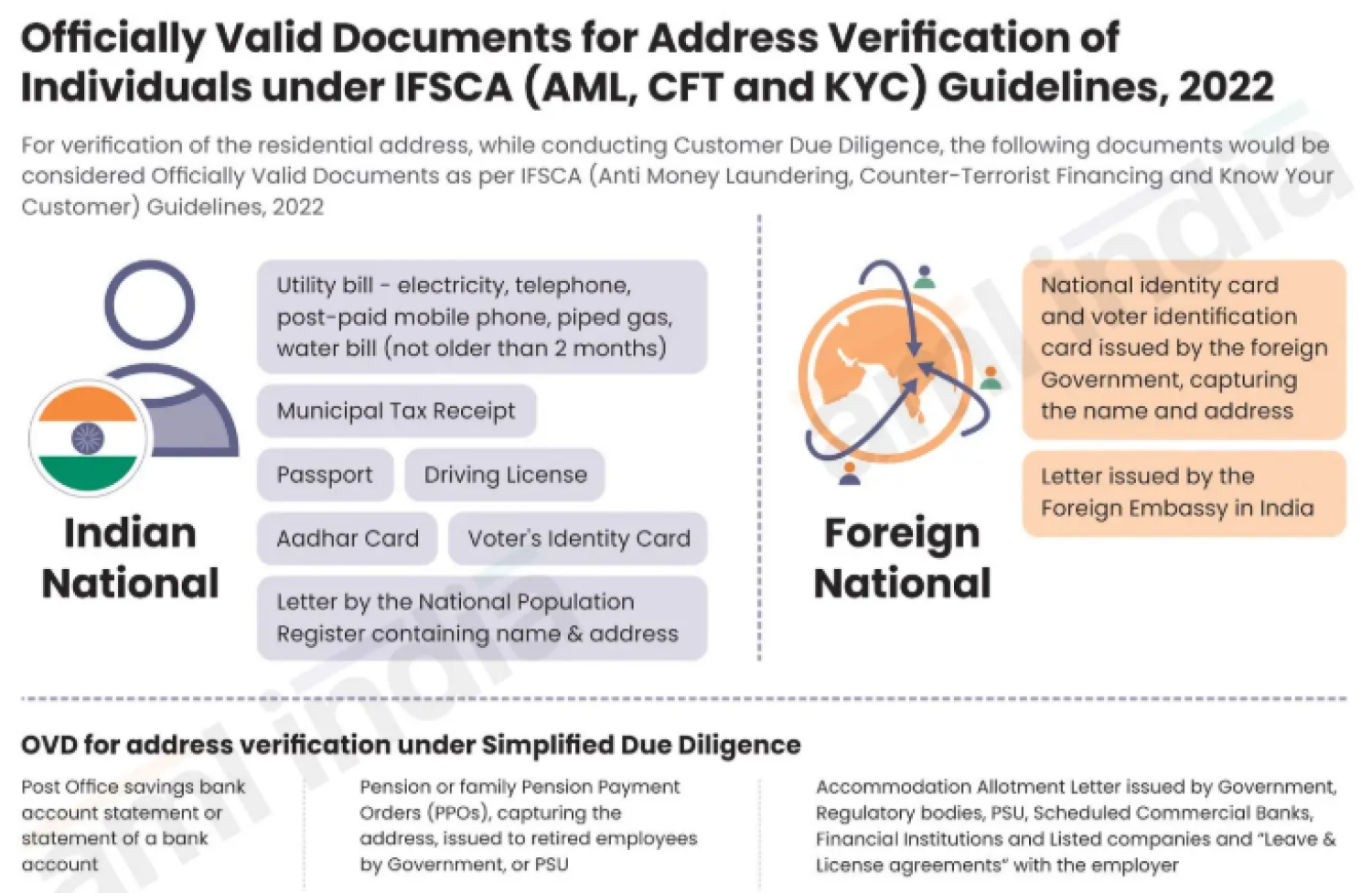Table of Contents

Role of the Engagement Quality Control Reviewer
The Role of the Engagement Quality Control Reviewer (EQCR) is critical in ensuring audit quality and compliance with standards. Appointing an EQCR is a mandatory requirement for firms conducting Statutory Audits under the Standard on Quality Control (SQC) 1, SA 220 (Quality Control for an Audit of Financial Statements), and the Code of Ethics issued by the Institute of Chartered Accountants of India (ICAI).
Key Requirements:
-
Appointment of EQCR:
- SQC 1 mandates the appointment of an Engagement Quality Control Reviewer for audits of listed entities and other high-risk engagements.
- The EQCR must be an experienced professional independent of the engagement team, tasked with reviewing the significant judgments made by the audit team, and ensuring compliance with auditing standards.
-
Professional Misconduct:
- Non-appointment of an EQCR may be treated as professional misconduct under the Chartered Accountants Act, read in conjunction with SQC 1, SA 220, and the Code of Ethics. Failure to comply with these standards can lead to disciplinary action by regulatory bodies like the ICAI or the National Financial Reporting Authority (NFRA).
NFRA's Audit Quality Review Report for ITNL:
In the audit quality review report for IL&FS Transportation Networks Limited (ITNL), NFRA highlighted significant lapses related to the EQCR's role. The findings underscored the following critical failures:
-
Failure to Report Material Misstatements:
- The EQCR partner did not adequately report known material misstatements in the financial statements, which they were obligated to do under their professional duty.
-
Lack of Due Diligence:
- The EQCR partner did not exercise sufficient due diligence in obtaining necessary information to objectively evaluate the significant judgments made by the engagement team (ET). This reflects a failure in the oversight and independent review process.
-
Unsupported Claims:
- NFRA found that the audit firm's claims about the EQCR partner's involvement were unsupported by evidence. This indicated that the firm failed to comply with the requirements of SQC 1, SA 220, and SA 230 (Audit Documentation), which emphasizes the need to document all critical audit processes, including the role of the EQCR.
Consequences of Non-Compliance:
- Professional Misconduct: Failure to appoint an EQCR or properly execute their role may result in charges of professional misconduct under the CA Act.
- Regulatory Sanctions: NFRA, ICAI, or other regulatory bodies may impose fines, penalties, or bans on auditors and audit firms for failure to comply with quality control standards.
- Reputation Damage: Non-compliance with audit quality standards can significantly harm the reputation of an audit firm and lead to the loss of clients.
The appointment of an EQCR is a key safeguard to maintain the quality and independence of audit engagements. Non-compliance, as observed in the ITNL case by NFRA, not only undermines the credibility of the audit process but also exposes the audit firm to severe regulatory action and penalties. It is crucial for audit firms to rigorously follow the guidelines set out in SQC 1, SA 220, and the Code of Ethics to avoid potential professional misconduct and ensure the integrity of their audits.

















